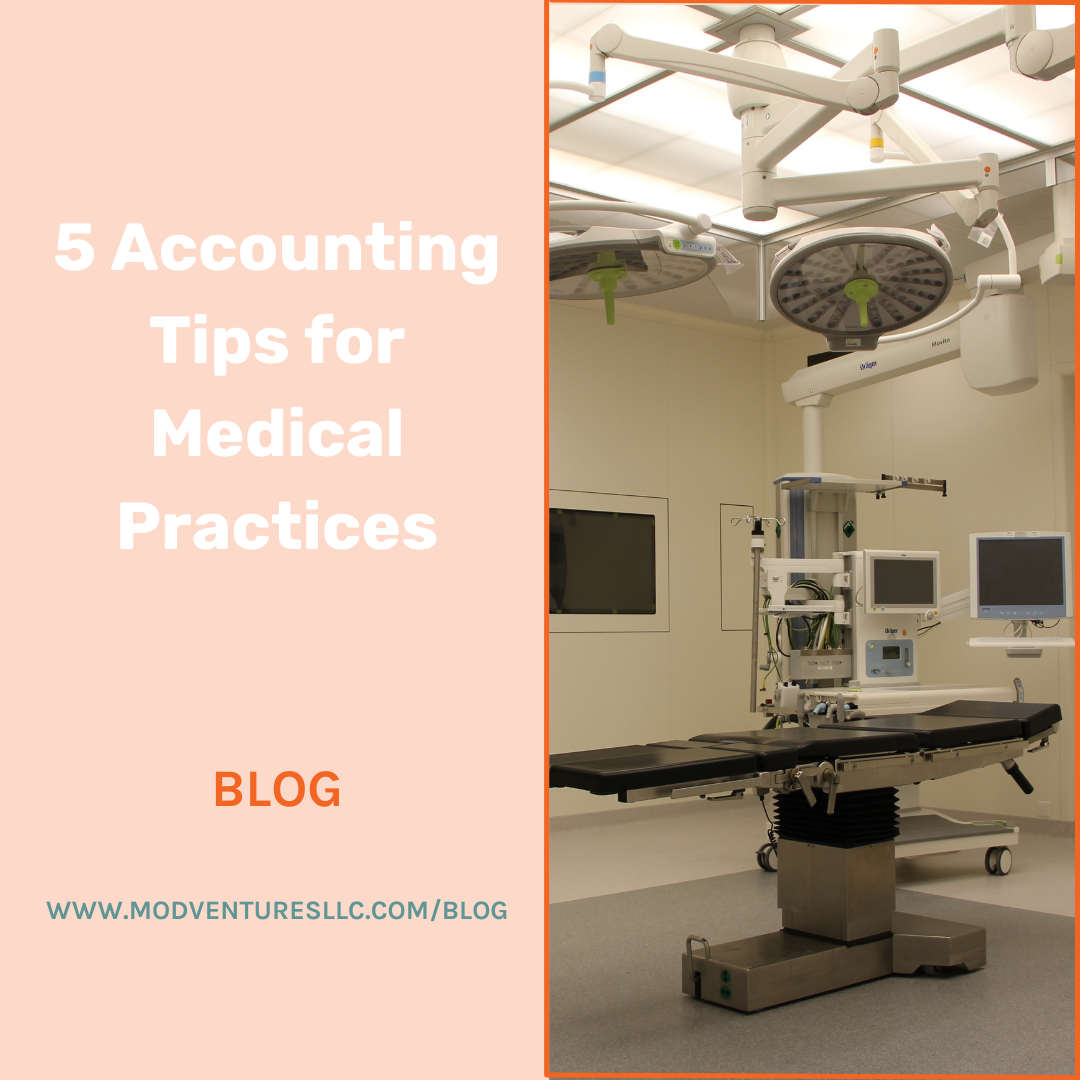By: Gabrielle Luoma CPA, CGMA
By: Gabrielle Luoma CPA, CGMA
Accounting is a must-have time-consuming process of being a business, medical practices included. It’s a necessity that takes time from patients and uses up valuable resources. Instead of worrying about your financial accounts, focus on providing patients with the best experience and care. Accomplish the seemingly impossible by using our top accounting tips for medical practices!
Our Top Accounting Tips for Medical Practices
With the ever-evolving modern healthcare industry, your accounting needs to be ready for anything. It needs to beadaptable, organized, and fast-paced to handle your incoming financial information – assets, debts, opportunities, and roadblocks, all are a necessity to stay ahead of your competitors.
Here are four accounting tips that you can apply to your medical practice right now for a more efficient, accurate, and adaptable accounting system:
#1. Choose a Cloud-Based Accounting Software
A cloud-based accounting software is a virtual accounting software that allows your data to be accessible from anywhere and secures your important information. Cloud accounting is one of the key elements in creating a cost-efficient accounting system for your medical practice.
Cloud accounting allows your information to be contained in one place but still be accessible in multiple locations. This means you can access your information in your office, at home, or on the go. It’s also one of the first steps in establishing a virtual finance department for your practice, a huge benefit if your practice has a sudden surge or growth.
We recommend Quickbooks for most clients. Set-up and management are as simple as contacting our team.
#2. Track Your Equipment Expenses and Value
Did you know that your equipment is considered an asset for your practice? Blood pressure monitors, computers, examination tables, and even diagnostic equipment are all considered assets. This type of equipment will depreciate over its useful life rather than being a one-off expense.
Rather than categorizing your equipment purchases as an expense when they’re purchased, manage and track the depreciation year over year. These are considered your practices’ fixed assets.
The value of your fixed assets will play a role in the overall financial decisions your practice makes – such as asset purchases, asset disposal, and tax reporting. This allows you to have moreaccurate bookkeeping and accounting as well as asset valuation.
#3. Leverage a Medical Billing Software
Although tracking income and reporting/paying taxes are primary financial tasks, other aspects of accounting should not be overlooked. Other such tasks include managing your accounts receivables,a task made much easier when paired with medical billing software.
Medical billing software can be used to ensure that invoices or bills are sent out in a timely manner and that you are tracking your correspondence with your patients and can take action when bills remain unpaid. When you neglect your accounts receivable, you risk damaging or stopping your cash flow.
Medical billing software can also help with gathering patient information at the time of service, such as name, address, social security number, phone number, and insurance information. Additionally, you can ensure yourpatient signs an AOB, assignment of benefit.
#4. Keep Up With Bank Reconciliations
Like all other businesses, medical practices need to stay on top of bank account reconciliations. Essentially, you match your bank and credit card records to your transactions. This helps you identify potential fraud or incorrect payments from patients.
While a seemingly simple task, it can impact how quickly you identify fraud and errors. The quicker you identify these issues, the quicker you can work with your bank or credit card company to correct them.
Staying on top of reconciliations can also prevent potential bounced checks or negative cash flow, both of which are not good for your practice.
#5. Regularly Review Your Financial Statements
Financial statements provide insight regarding your practice’s financial health, which is why regularly reviewing your financial statements is one of our top accounting tips for medical practices. Reports such as your income statement, statement of cash flows, and balance sheet help you keep track of where you are in your business.
Rather than looking at your financial statements once a year, you should review your financial statements once per month will give you more insight into your cash flow and profitability. Viewing additional reports, such as an industry analysis, can also help you make decisions that allow you to remain competitive in the industry.
You May Also Love
CLOSE






